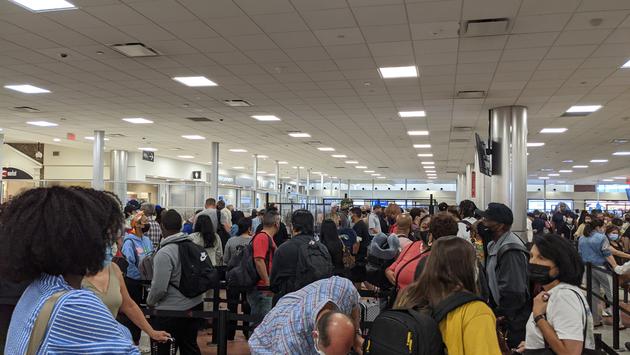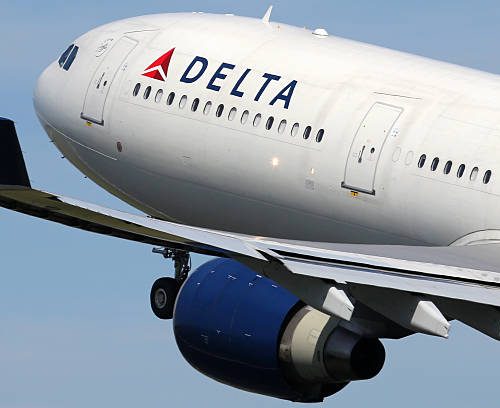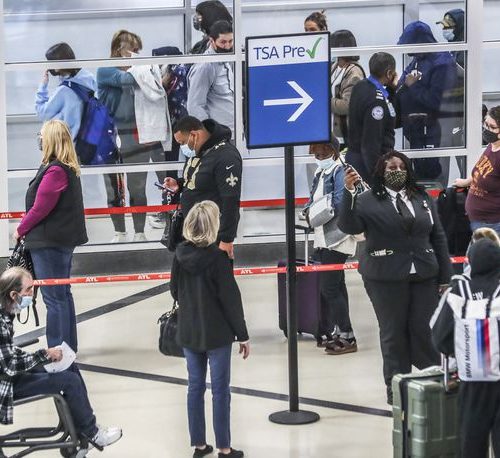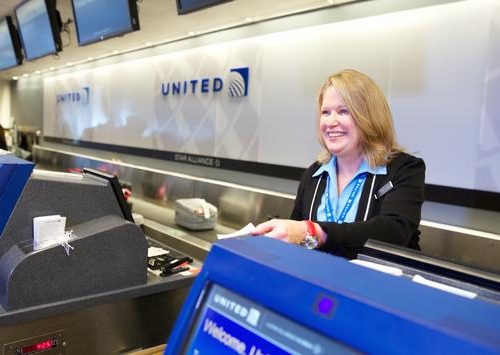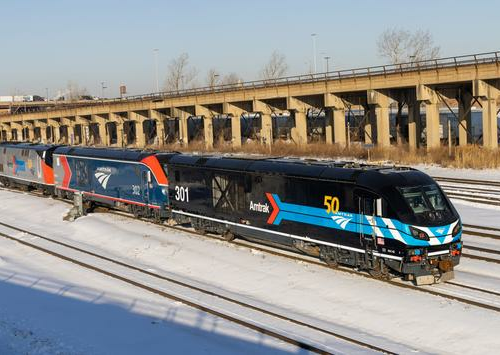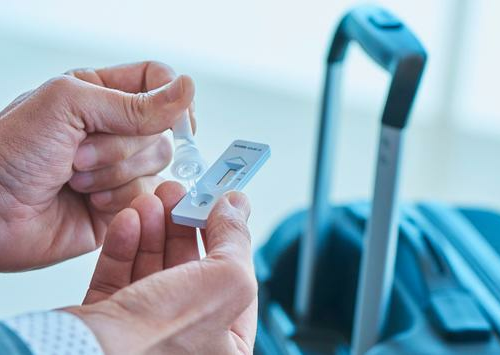LAURIE BARATTI | TravelPulse.Com
Troy Warren for CNT
The Transportation Security Administration (TSA) reported that airport passenger screening numbers have surpassed 2019 levels for the first time since the onset of the COVID-19 pandemic.
Predictions showed passenger counts would be high heading into the July 4th holiday weekend, but no one necessarily foresaw that air traveler volumes would eclipse pre-pandemic levels. News like this offers further evidence of the strong resurgence in travel demand the U.S. is seeing this summer.
The TSA said that nearly 2.15 million people passed through airport security checkpoints on Thursday—approaching three percent more than the 2.01 passengers screened on the same date in 2019.
CNBC News pointed out that the trend is unlikely to hold for long, however. July 1, 2019, was, after all, a Monday, which is typically among the least busy weekdays for airports. That week’s busiest day, July 5, saw passenger numbers climb by over 706,000.
Still, Thursday’s milestone feels like a tangible turnaround for the aviation industry, which had been so utterly decimated in the wake of COVID-19. In the months since the U.S. started making vaccines widely available, infection rates have dwindled, states and jurisdictions began dropping travel restrictions, and things have been looking up.
At the unofficial start of summer, Memorial Day weekend, The TSA logged some respectable daily passenger counts of just under 2 million figures for passenger traffic. But, July 4th seems to be the summer holiday so far that’s really bringing Americans out, with rising passenger volumes being attributed mainland to domestic leisure travel at this point.
The less-heartening industry news is that airlines now find themselves struggling to maintain planned operations in the face of staffing shortages and this week’s several thunderstorms across the U.S. that caused delays in the Dallas/Fort Worth region, where Southwest Airlines and American Airlines are based.
According to flight-tracking site FlightAware, Southwest wound up canceling 194 flights (five percent of its schedule), and over 800 flights (23 percent of the day’s schedule) were also delayed. American Airlines had to cancel roughly 130 flights (four percent of its schedule), and almost 700 flights were delayed, as well.
By accepting $54 billion in federal payroll support funding under the CARES Act, airlines were prohibited from putting working on involuntary furloughs; but, carriers did manage to reduce their workforce by offering employees voluntary leaves of absence, buyouts and early retirement packages. Now, with the summer season in full swing, some are trying to recall or re-hire those workers, also hiring new temporary or full-time staff to meet the sudden demand.
Airlines are now offering various incentives to attract new recruits, as well as bonuses for existing employees who commit to working certain dates. For example, Southwest is reportedly paying double to flight attendants, and ground- and cargo-operations agents who work shifts during the first week of July to lessen its chances of flight disruptions.
In Other NEWS


























